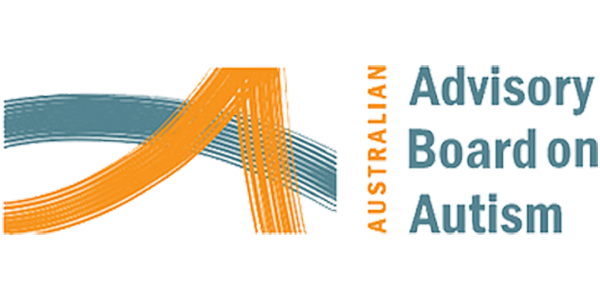Improving mental health services for people on the autism spectrum
30 Mar 2021
Autism Queensland is seeking input from adolescents and adults from across Queensland who are on the autism spectrum, and who also have a mental health condition, to help improve access to high-quality community mental health services that meet their unique needs.
It is also eager to hear from family members and carers of people on the spectrum to have their say about autism and mental health.
The online survey is the first stage of the Creating Autism Friendly Community Mental Health Services Project, to develop and deliver autism-specific training for mainstream mental health professionals.
The training will incorporate the nature of co-occurring mental health conditions of people on the autism spectrum, differential diagnosis of autism and mental health conditions, and adaptations to therapeutic strategies to support their specific needs.
Autism Queensland Autism & Mental Health Project Leader Davina Sanders said adults on the spectrum are more likely to experience clinical levels of depression and anxiety.
“Research has found 53% of youth on the spectrum without a co-occurring intellectual disability have a current anxiety diagnosis, with clinical anxiety and depression commonly occurring at the same time,” she said.
“64% of adults on the spectrum also experience poor sleep which is linked to the presence of a mental health condition.
“It can be harder for people on the spectrum to get the right mental health care, which is why Autism Queensland is developing training packages for mental health professionals to help them deliver effective mental health support to people on the spectrum.
“It’s vital that the training program is informed by the community of people to whom the services will be delivered, which is why we want to hear from people with lived experience of autism and mental health.
“This first stage involves a survey and interviews with people on the spectrum, and their families, to learn about their experiences of mental health services.
“It also includes mental health practitioners to learn about their confidence in delivering services to people on the spectrum.
“This will help us to identify gaps in practitioner knowledge of autism, their confidence in supporting people on the spectrum, and barriers to effective service delivery.”
Ms Sanders said data gathered from the interviews will inform the content of a series of training packages for mental health professionals.
“An advisory group of adults on the spectrum, and a consultant with lived experience of autism and mental health, will also provide guidance in the creation of training materials.
“With the help of the autism community, we hope to create a better service experience for people on the autism spectrum who also have a mental health condition,” she said.
The survey is anonymous and takes approximately 20 minutes to complete.
Autism Queensland is also seeking feedback from general practitioners and mental health practitioners about their confidence and experience in supporting people on the spectrum who may have co-occurring mental health conditions. This is also being collected via an online survey.
This project is funded by the National Disability Insurance Agency as part of the NDIS Information, Linkages and Capacity Building (ILC) Mainstream Capacity Building Program.


